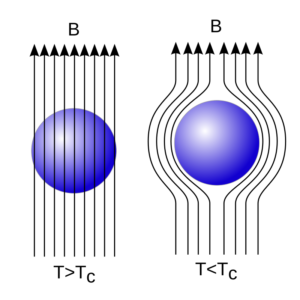Postulates of classical statistical mechanics

- It is based on the following postulates
Postulates of equal a priori probability
- According to this postulate the probability of finding the phase point for given system in any region of the Γ-space is identical with that for any other region of equal extension or volume.
- Or For a system in equilibrium, all accessible microstates corresponding to a given macro-state are equally probable.
- Thus in thermodynamic equilibrium the system under consideration is a member of an ensemble (micro-canonical ensemble) with a density function ρ (p, q) and the value of density function is given according to the following rule.
- If E < H (p, q) < E + ΔE, ρ (p, q) = constant, otherwise ρ (p, q) = 0
- Thus all members of the ensemble have the same number of particles N and same volume V.
- Let f (p, q) represents any measurable property of the system.
- If the postulate of equal a priori probability is useful, then the average value of f (p, q) from different methods have the same results.
(i) Most probable value of f (p, q)
- It is that value of f (p, q) which is possessed by the largest number of systems in the ensemble.
(ii) Ensemble average of f (p, q)
- The ensemble average of f (p, q) i.e, < f > is given by
- Both the values of f (p, q) i.e., the most probable value and the ensemble average are nearly equal, if the mean square fluctuation (MSF) is small i.e.,
- In all physical cases, MSF is of the order of 1/N
- Since N → ∞ and therefore MSF << 1
- Thus the most probable value of f (p, q) and ensemble average of f (p, q) both have identical values.
- To know more about the postulates of classical statistical mechanics click on the link for English and click on the link for Hindi
Our other websites
https://vacancy.sacademy.co.in
Our YouTube channels


